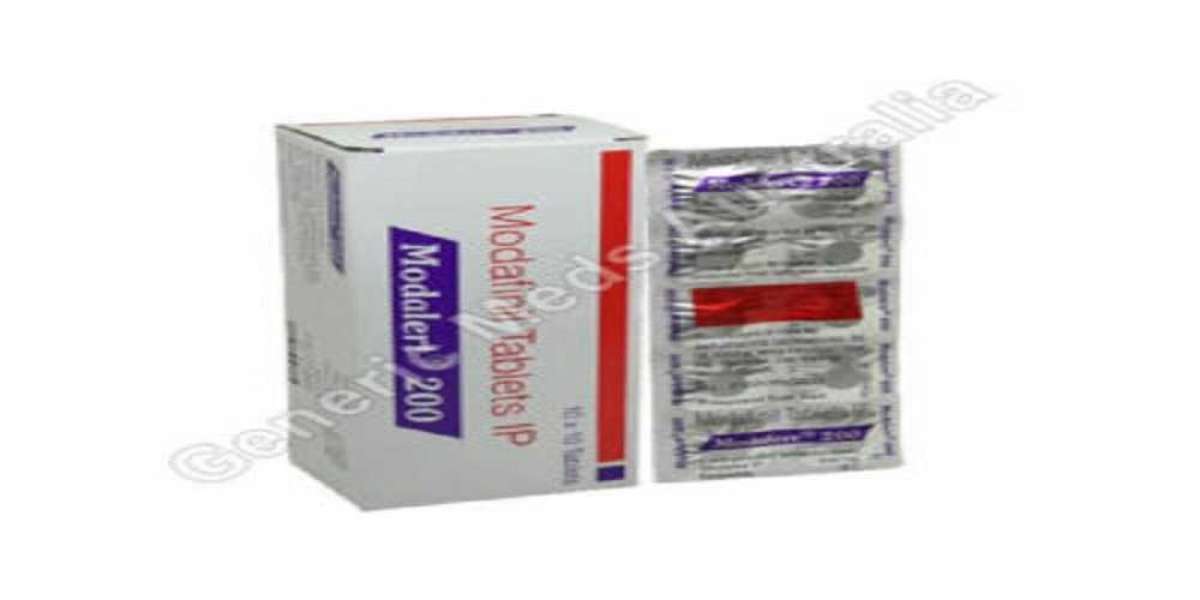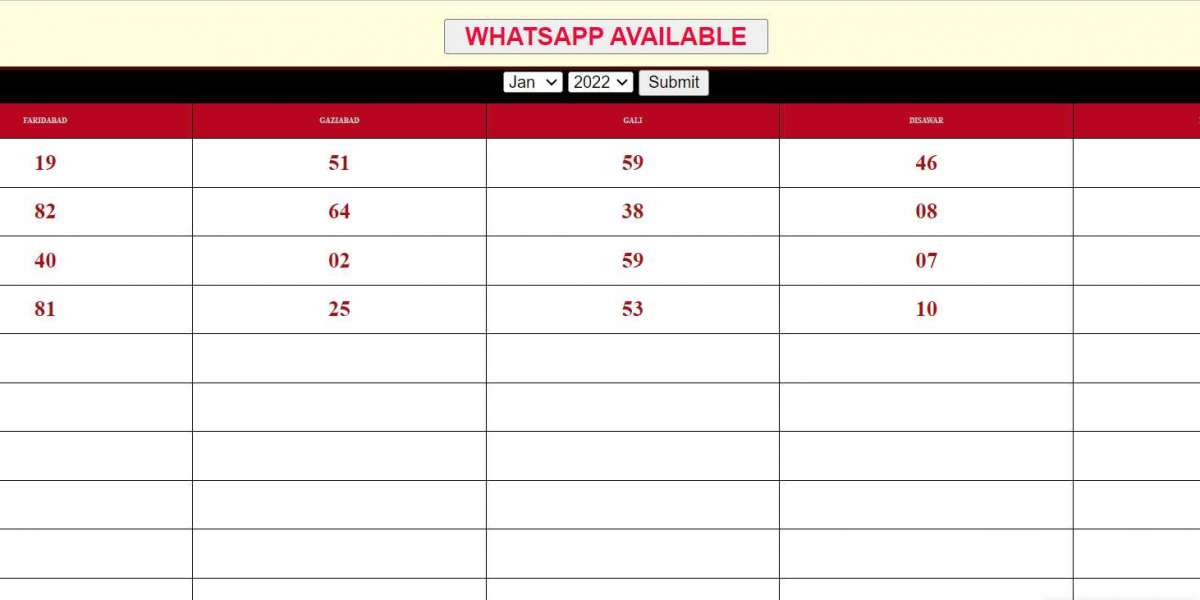During the study, participants were given modafinil or placebo and completed a series of creativity tasks measuring both divergent and convergent thinking. They were screened for psychiatric disorders and prohibited from consuming alcohol or caffeine before their experiment.
They felt more engaged in class
Modafinil Australia (Provigil) is a drug developed to treat narcolepsy but has gained notoriety among some students who use it as a cognitive enhancer for study and exams. Similar to psychostimulants like Ritalin (methylphenidate) and Adderall (mixed amphetamine salts), modafinil increases alertness but does not induce hyperactivity. It has therefore become the go-to choice for many students seeking to improve their focus before studying or exams. The Tab, a student website, found that one in five of their polled readers had used drugs to help concentrate during studies.
In a recent fMRI study, healthy volunteers performed both divergent and convergent thinking tasks while either taking modafinil or a placebo. The experiment employed a randomized, double-blind, placebo-controlled design and a balanced drug condition by gender.
The data indicated that modafinil did not act as a general cognitive enhancer, but rather had subtle negative or nuanced effects in different domains of cognition. For example, modafinil reduced performance in the convergent thinking task by increasing the latency of response and negatively affecting the learning of motivational contingencies associated with positive reward.
Several of our respondents articulated the perception that modafinil was a safe drug because it is tested and approved for the specific populations it targets. However, some also emphasized that test and clinical phase trials are limited by time and resources and that untested/unapproved applications may elicit different brain responses and risks.
They felt more prepared for class
In our study, participants were asked to complete an associative learning task while under modafinil or placebo and were then scanned with functional magnetic resonance imaging (fMRI). The associative learning tasks were chosen because previous work has shown that these types of tasks evoke activation in neural circuitry important for learning.
Our results showed that modafinil improved performance in this task compared to placebo, but did not improve creativity or anagram production. Modalert 200 mg impaired the learning of motivational reinforcement contingencies in this task, suggesting that its benefits in a concentration-enhancing context may be limited to some cognitive processes.
This finding suggests that while students use modafinil as part of a larger strategy for coping with academic pressure, its effects are nuanced and may not extend to more complex cognitive processes such as creativity. It also suggests that the broader demand for efficiency and productivity in academic environments may be contributing to the increased use of cognitive enhancement drugs like modafinil, which are easier to obtain than Ritalin or Adderall, the other popular concentration-enhancing medications used by UK students.
Our findings add to a growing literature about the role of smart drugs in university life but also highlight how students rationalize their consumption of these medications. This is often done through the use of existing knowledge about the rigorous testing and clinical trials that must be undertaken for pharmaceuticals to be approved, with a reliance on this as evidence of safety and efficacy.
They felt more confident to speak up in class
Developed for narcolepsy, modafinil has become the drug of choice for students seeking cognitive enhancement during periods of intense study or exams. It is less prone to disrupting sleep cycles and does not increase heart rate, making it safer than traditional stimulants. Its popularity is fueled by the perception that it improves decision-making and boosts short-term memory. However, it may also have negative effects on creativity and exacerbate anxiety, particularly in students with underlying health conditions.
Qualitative data from our study and the findings of other research suggest that despite these potential downsides, many students consider modafinil (Waklert 150 mg) to be an effective cognitive enhancer that is safe for healthy individuals. This view is shaped by the social and cultural meanings attached to pharmaceutical objects and by the ways that students legitimize their use of cognitive enhancers through the stories they construct around them.
We found that participants taking modafinil performed worse on divergent thinking tasks than placebo participants, a result that is consistent with the notion that the drug reduces creative performance. Similarly, we observed reduced ACC activation in modafinil participants on the convergent thinking task.
These results should be interpreted with caution, as our sample size was small and the effects are likely to be moderated by other factors. Nonetheless, our study adds to the growing body of evidence that suggests that using prescription drugs for non-medical purposes is associated with adverse outcomes, including psychosis and substance use problems.
They felt more confident to ask questions in class
Despite the growing popularity of modafinil, this is still an experimental drug. It is not intended to replace sleep or enhance performance in healthy people. Research has shown it can improve planning and decision-making, and boost learning and memory, but its benefits appear to depend on the task and how long the tasks last.
Modafinil is often described by users as the first 'pharmaceutical nootropic' because it enhances cognition without affecting sleep in healthy people. This has fuelled debate about the ethical implications of consuming this type of drug for academic purposes. Some respondents justified their use of the drug by highlighting the stringent testing procedures required for drugs to make it to clinical phase trials, which they felt heightened the validity of prescription drugs as safe and effective.
Students also discussed how the pharmacological properties of modafinil made it different from other stimulants like coffee or illicit substances. For example, one student (R1) stated that taking the drug does not make them jittery or shake, as they might do when drinking excessive amounts of coffee.
In our study, participants who took the modafinil performed significantly better on the flexibility task. However, they performed worse on the divergent thinking task. The results suggest that modafinil may have more subtle negative or nuanced effects on different cognitive processes, and we recommend replication of our findings with a larger sample size.








